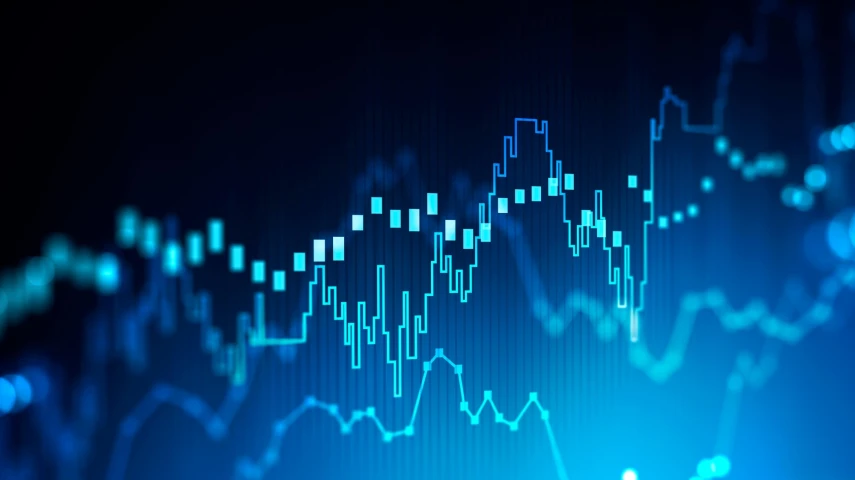Worst of the earnings recession behind us: JPMAM



With markets having already experienced a rolling or ‘unsynchronised recession’ in the last few quarters, J.P. Morgan Asset Management offers a more positive market outlook that the worst is behind us.
There is currently a division about the risk of a potential global recession, with many believing it is unlikely to happen this year. Research by the Bank of America in July found the number of managers who believe there will not be a global recession in the next 18 months has risen from 14 per cent in June to 19 per cent.
“When you think about the concept of a recession, you might think about 2008 or 2020, where there has been a synchronised earnings recession … Most sectors were going down at the same time in terms of their earnings,” said Christian Mariani, investment specialist, US equity, at J.P. Morgan Asset Management.
“If you look at the last four to five quarters within the S&P 500, you’ll see a rolling or unsynchronised earnings recession, where different sectors are going through it at different times.”
While sectors like communication services and consumer discretionary began to see declines from Q1 2022, others like information technology and materials followed a similar trajectory from the third quarter of the year, Mariani noted.
According to the firm’s research, some 81 per cent of the market saw year-on-year declines by Q1 2023.
Some of the largest hits in the last quarter were observed in materials (-20 per cent) and IT (-19 per cent).
Others also saw double-digit declines like communication services (-16 per cent), healthcare (-16 per cent) with smaller hits in utilities (-6 per cent) and real estate (-1 per cent).
“With a recession, people think everything might happen at the same time, but actually things are happening at different times on a rolling basis,” Mariani said.
“Because of this, even if we do get a slowdown or a recession, we wouldn’t expect earnings to materially collapse because part of the market already went through some of that.”
However, the firm’s research also found some sectors have remained resilient with no significant earnings declines over the last five quarters, namely industrials and energy. In Q1 2023, the sectors experienced 21 per cent and 15 per cent earnings growth.
Looking ahead, Mariani observes that big tech has been going through a deceleration for over a year, but is expected to re-accelerate.
“Looking at some big tech names like Amazon, Google, Meta, you can see their net income and net earnings growth has been quite negative over a few quarters but it looks like the worst is behind [them],” he said.
Its analysis suggests net income growth will recover from -8.8 per cent in Q1 2023 to -1.3 per cent in the following quarter. By Q4, it is expected to sit at some 13.4 per cent.
Mariani added: “I would say, in the short term, you’re still going to see some volatility around earnings. Q2 earnings are expected to be the worst year-over-year for the S&P at about -9 per cent. When we look at the calendar year, we are still expecting -2 per cent, which doesn’t feel like a very bad recession.
“If you look a bit further in the medium term, we expect S&P normal earnings growth to be around 10 per cent over time. So we’ll gradually get there. Currently, it’s definitely below normal but eventually, we should see earnings recover.”
Recommended for you
With Q1 of the 2025 calendar year coming to a close, the Australian funds management industry has seen a range of major appointments and departures.
Nearly half of wealth managers across the globe say offering access to private market funds is integral to their growth plans, Natixis Investment Managers has uncovered.
Boutique fund manager and responsible investment specialist Pella Funds Management has expanded its offering by allowing direct access to investors in New Zealand for the first time.
The global alternative asset manager has welcomed an experienced distribution lead to its leadership team.















